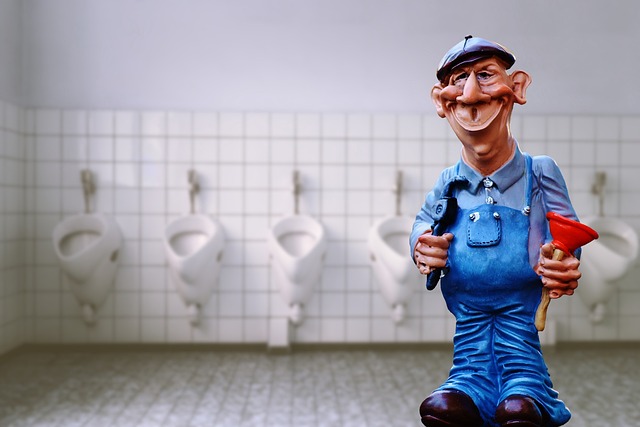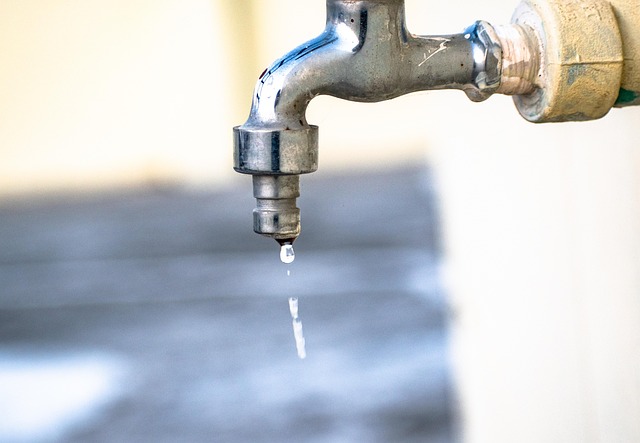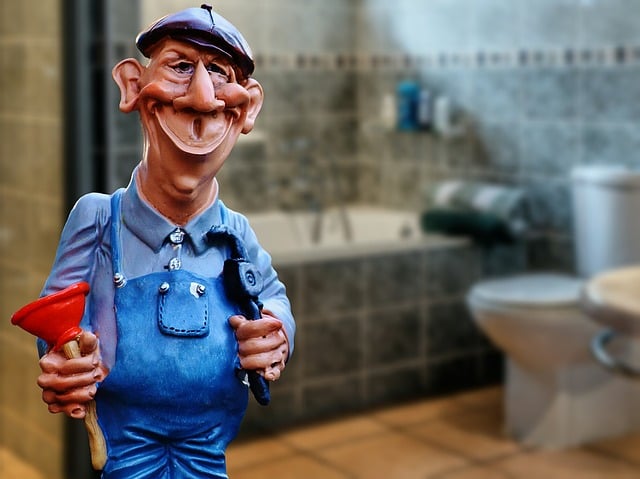Common plumbing issues like leaks, clogged drains, water heater problems, and low water pressure can cause stress and costly repairs. Preventing these involves proactive measures: regular leak checks, proper disposal, and maintenance. Keep drains clear with enzyme cleaners or natural remedies, inspect for corrosion, and address dripping faucets promptly. Schedule professional inspections every six months and perform simple maintenance tasks between services to ensure a reliable plumbing system.
“Learn how to prevent common plumbing issues before they disrupt your daily routine. This comprehensive guide breaks down the root causes of frequent problems and offers proactive solutions. From understanding the most prevalent plumbing headaches to implementing regular maintenance tips, you’ll discover simple yet effective strategies. By adopting these practices, you can significantly reduce the risk of costly and time-consuming clogs, leaks, and other common plumbing issues.”
Understanding Common Plumbing Problems

Common Plumbing Issues can range from minor inconveniences to major disasters, causing stress and costly repairs. Understanding these problems is the first step in preventing them. Leaks, for instance, are not only a waste of water but can lead to significant damage if left unchecked. Clogged drains and pipes are another frequent issue, often caused by poor drainage systems or the improper disposal of items like food scraps and non-biodegradable materials.
Water heater problems are also common, with issues such as rust buildup, inefficient heating, and tank leaks leading to constant repairs or the need for replacement. Additionally, low water pressure can disrupt daily routines and often indicates a problem with pipes, valves, or even the main water supply line. By identifying these Common Plumbing Issues and implementing preventive measures, homeowners can save money, avoid significant damage, and ensure a more comfortable living environment.
Proactive Measures to Prevent Plumbing Disruptions

Preventing common plumbing issues is an ongoing process that requires both proactive measures and regular maintenance. One effective strategy is to stay vigilant about potential problems before they escalate. For instance, checking for leaks regularly can help identify minor issues early on, preventing significant damage later. Simple actions like turning off water supplies when not in use and fixing any dripping faucets can significantly reduce the risk of plumbing disruptions.
Additionally, maintaining clear drains and pipes is crucial. Using enzyme-based cleaners or natural remedies to remove stubborn clogs prevents blockages that could lead to overflows. Regular inspection of plumbing fixtures for signs of corrosion or damage, especially in older homes, allows for timely repairs, ensuring a smooth and uninterrupted water flow.
Regular Maintenance Tips for Long-Term Plumbing Health

Regular maintenance is key to preventing common plumbing issues from arising in the first place. Setting up a routine inspection and cleaning schedule can go a long way in ensuring your plumbing system remains in top condition. Start by scheduling professional checks every six months to assess potential problems before they escalate. During these visits, experts can clear drain clogs, check for leaks in pipes and fittings, and inspect water heaters for any signs of corrosion or damage.
Additionally, homeowners should also take proactive measures between professional servicing. This includes cleaning out drain traps regularly to prevent hair and grease buildup, using enzyme-based cleaners instead of harsh chemicals to break down clogs naturally, and staying vigilant for any unusual noises or leaks in the plumbing system. Simple actions like turning off water supplies when not in use and fixing dripping faucets promptly can contribute significantly to long-term plumbing health.
By understanding common plumbing issues and taking proactive measures, you can significantly reduce disruptions and extend the lifespan of your plumbing system. Regular maintenance is key; scheduling routine inspections and cleaning prevents costly repairs and ensures efficient water flow. Implement these simple tips to safeguard against clogs, leaks, and other common problems, ensuring a reliable plumbing system for years to come.
